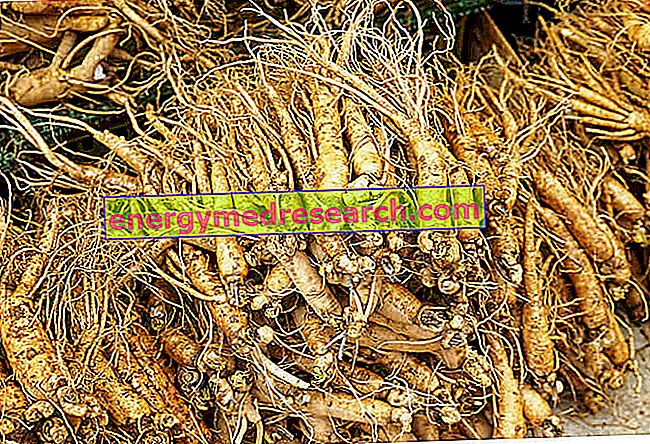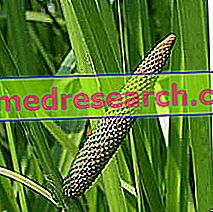Adaptogenic drugs increase the resistance, capacity and defenses of the organism in a non-specific way, stimulating it to react positively to stressful situations; situations that can be variously interpretable, such as stressful physical or emotional events, but which, in any case, affect our body's ability to react, as a whole and as a part (functionality of specific organs).
It is true that these drugs act in a non-specific way, but it is also true that echinacea, for example, acts on a specific sector of the organism; it has in fact immunostimulant properties and it is then possible to place it in a predominantly herbalist sector of expression.
Ultimately, therefore, adaptogenic drugs nonspecifically strengthen organic resistances; to report, however, that despite the uniformity of action, from the phytochemical point of view they present extremely diversified characteristics.
Ginkgo
Ginseng
Eleutherococcus
Rhodiola

Adaptogenic drugs in the herbal market are many, those underlined are the most used; on the market, however, there are other drugs with important adaptogenic functions, such as Uncaria tomentosa, a South American plant whose trunk bark and root are used; other herbal products are based on Indian basil.
Plants with adaptogenic function are very widespread and we can say that the search for such properties from plant sources is very active, since our lifestyle requires us to use these herbal resources to lift us from heavy daily commitments. The use of these drugs has a very important economic implication, as well as a clearly explicit functional expression; in fact, they are an important part of the herbal market and of the pharmacognathic sources.



